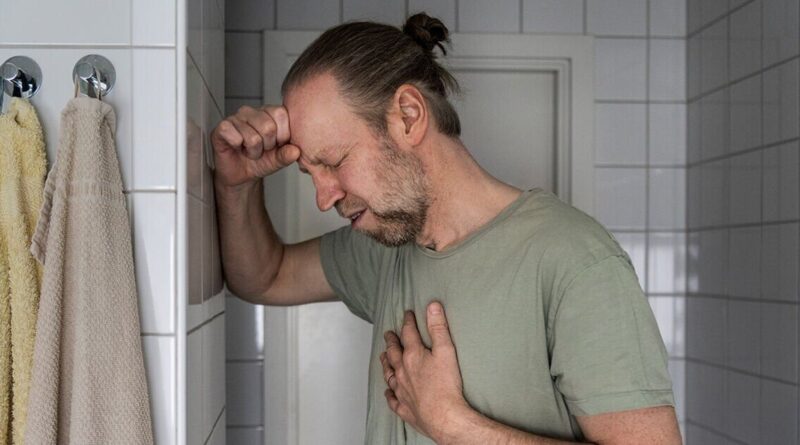People urged to get five-minute medical procedure or ‘risk death’ | Personal Finance | Finance
People have been urged to get their flu jab to avoid getting seriously ill. Some groups can now get their flu jab for free on the NHS. You can access the service until the end of March 2026, but medical experts have encouraged people to get their vaccination sooner rather than later.
Dr Jeff Foster, medical director of Manual.co, said it’s worth getting your jab early. He explained why: “From a personal perspective, this means that you are immune earlier and so are protected before the main bulk of the yearly disease spreads.
“Simply your risk of getting sick and flu goes down if you are already vaccinated. The second reason is that this helps herd immunity. The more people that have vaccinated the harder it is for the virus to spread and that means that vulnerable people are less likely to catch the disease badly or at all if they were unable to be vaccinated themselves.”
Mr Foster also warned of some of the major health risks if you don’t get your flu jab. He said: “It is important for all those eligible to be vaccinated because it will simply decrease their risk of getting severe flu which can lead to pneumonia, sepsis and even death.
“50 children died last year as a result of flu, and over 7,000 adults. This number could be radically reduced if they were vaccinated. Proper flu is not just a bad cough or cold. It is a potentially life-threatening illness for those who are a greater risk.”
You can get a free NHS flu vaccine if you meet any of these conditions:
- You are aged 65 or over (including those who will be 65 by March 31, 2026)
- You have certain long-term health conditions
- Are pregnant
- Live in a care home
- Are the main carer for an older or disabled person, or receive a carer’s allowance
- Live with someone who has a weakened immune system.
Mr Foster said some most older people know about the free flu jab while others may not be aware they are eligible. He said: “Some of those groups that are missed out, include those either socially isolated, those from ethnic minority backgrounds who may not be able to access healthcare as easily or be familiar with how the NHS systems work.”





